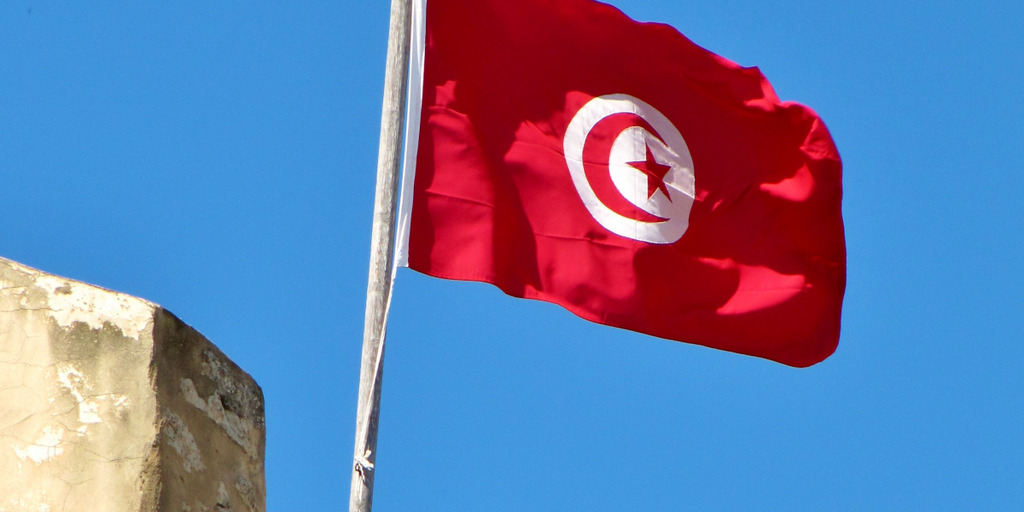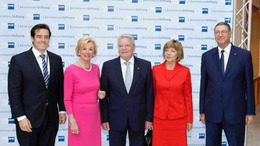In addition to President Gauck, who is making his first official visit to Tunisia, the conference participants include Tunisian Prime Minister Habib Essid and three of his cabinet ministers, as well as European Commissioner for the European Neighbourhood Policy Johannes Hahn and former Austrian Chancellor Wolfgang Schüssel, who is also a member of the Bertelsmann Stiftung Board of Trustees. Cooperation partners for the event are the German-Tunisian Chamber of Commerce, the Gulf Research Center and the Centre of Mediterranean and International Studies.
During the gathering in the Tunisian capital, some 60 experts from Europe and North Africa will discuss how a revised European Neighbourhood Policy can support political and socioeconomic transformation processes in the countries located directly south of the EU. The discussions will focus on moving democratization processes forward in the region, promoting economic development and foreign investment, and reforming local job markets and vocational training systems.
During the initial discussion round held as part of the public forum on Tuesday, participants looked at what both the EU and Tunisia expect. In his remarks, Prime Minister Essid emphasized the crucial role that the country’s young people played in putting Tunisia on its path to democracy. "The Tunisian Spring came about because of our young people, and my government’s agenda is now to make sure they are satisfied," he said.
In his remarks during the initial discussion round, EU representative and Arab-world expert Michael Köhler said the EU intends to help achieve that goal and has therefore doubled its aid since 2011, even if Tunisia's democratic legislators are the ones who must decide where the funds are applied. "In light of that, the EU is also depending on Tunisia to implement a successful policy of reform," he said. "The chances of that happening are good," replied Tunisia's Secretary of State for Foreign Affairs M'hamed Ezzine Chélaifa. "After all, Tunisia now has the same values as the European Union."




